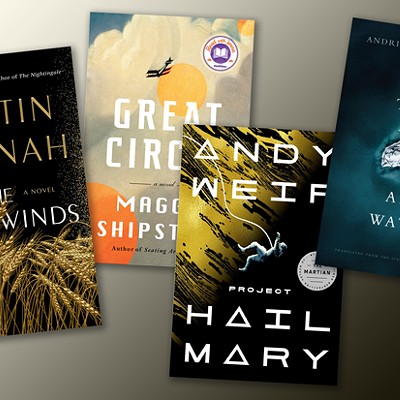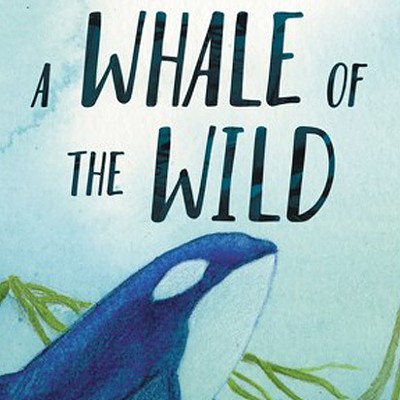Beatrice and Virgil
By Yann Martel
Spiegel & Grau
When boiled down, Beatrice and Virgil is a play within a semi-autobiographical novel within an extended metaphor. Oh, and it's basically about the Holocaust. Yann Martel's follow up to the wildly successful Life of Pi (which is half-assedly referenced in this book) is ultimately intriguing and easily digestible (it's barely 200 pages), but is also equally confusing and hardly as memorable as one might expect.
Martel's protagonist, Henry, is an author living off the royalties of his popular novel, but has just had his follow up, a flip book essay/novel about the Holocaust, turned down by his publisher. A defeated Henry moves with his wife to an unnamed city where he dabbles in clarinet lessons, a community theater troupe, and works at a coffee shop while answering his mountains of fan letters, one of which leads him into the shop of an aging taxidermist, also named Henry, who turns out to be an aspiring playwright and wants Henry's help. Henry obliges and begins assisting the taxidermist with Beatrice and Virgil, the story of a donkey and monkey who appear to be starving to death.
The play within the novel is Martel's most tangible success with this book and is actually a solid piece of absurdist theater that brings to mind writers like Tom Stoppard or maybe Samuel Beckett. The problem is, however, that the play takes a backseat to the sometimes-weak narrative surrounding Henry and the taxidermist. While the dialogue of the play is razor sharp and metaphorically insightful, the rest of Martel's prose takes some Dan Brown-esque shortcuts (several lines end with, "Henry thought") and more than enough seemingly unneeded back story.
When it seems the story is taking off, it slams to a shocking stop, and that's the way the novel ends. This makes for a quick, but not necessarily satisfying, read. There's a good chance, however, that Martel's hardcore fans - and he has a lot of them - will love this book, as long as they're ready to metaphorically read about the Holocaust.



















